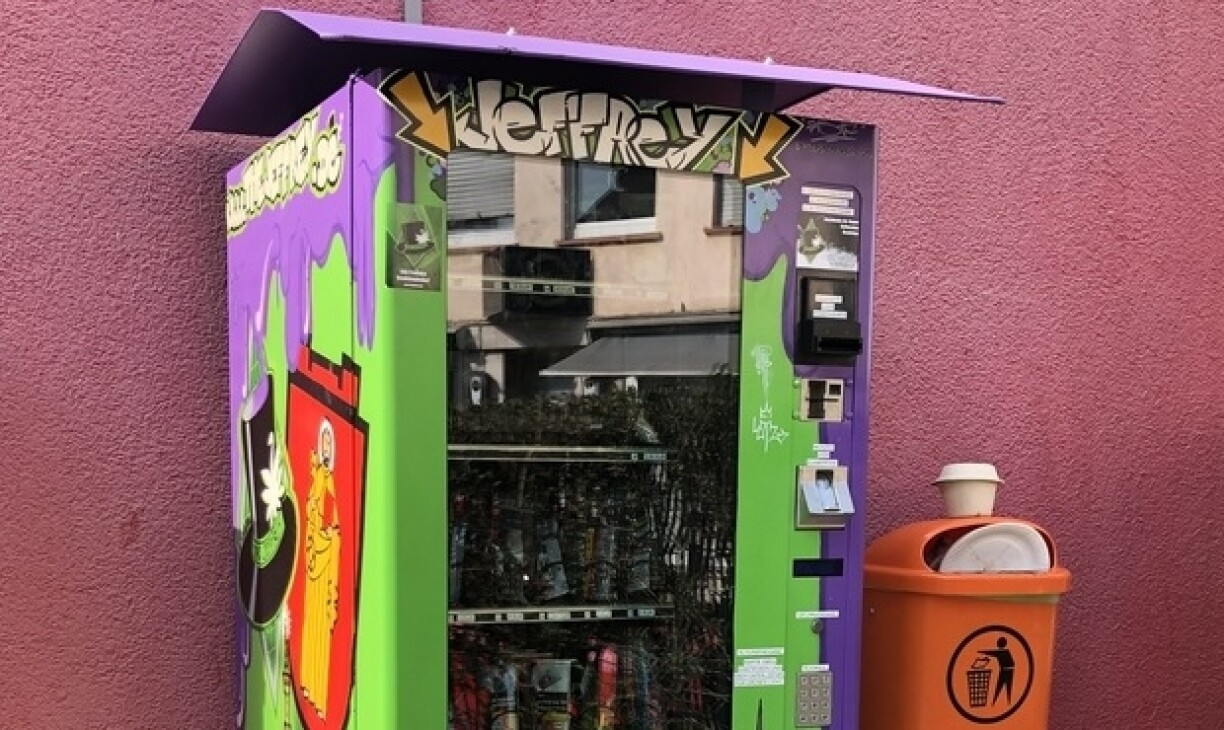
The public prosecutor’s office is currently investigating three businesses, notably two head shops and a gastronomy business, for misusing the sale of Cannabidiol/CBD products.
The concerned businesses are accused of selling CBD flowers both in shops and online that contain a THC (Tetrahydrocannabinol, the psychoactive component of cannabis) content of between 0.08 and 0.15%. In one case, the business sold these products through its CBD vending machine.
At an initial glance, this is not breaching any German laws, as the THC content is under the legal minimum of 0.2%. The shops selling this type of CBD sold the product as a legal substance in light of the legislative limit.
A second point in the legislative text makes the sale of CBD illegal, depending on the circumstances. It is this point that the Trier public prosecutor’s office is building its case upon, as the legislation bans selling CBD products with the aim of consumers using them as intoxicants. The businesses do not have permission to sell CBD products for that type of consumption. In turn, the public prosecutor’s office claims the businesses have made themselves criminally liable.
The law states that selling CBD flowers with a THC content of under 0.2% is only permitted if the sale has a commercial or scientific purpose, rather than consumption in the attempt to get a high. Selling these CBD products is allowed, for instance, as an ingredient to create cosmetics.
On Thursday, the police searched the affected businesses. One of the owners also operates in Heidelberg, Kassel, and Bonn, which led to police officers searching these premises as well.
Products containing CBD buds were confiscated and will be examined. The police also seized the CBD vending machine.
Following in Luxembourg’s footsteps: Trier installs first vending machine for legal CBD products